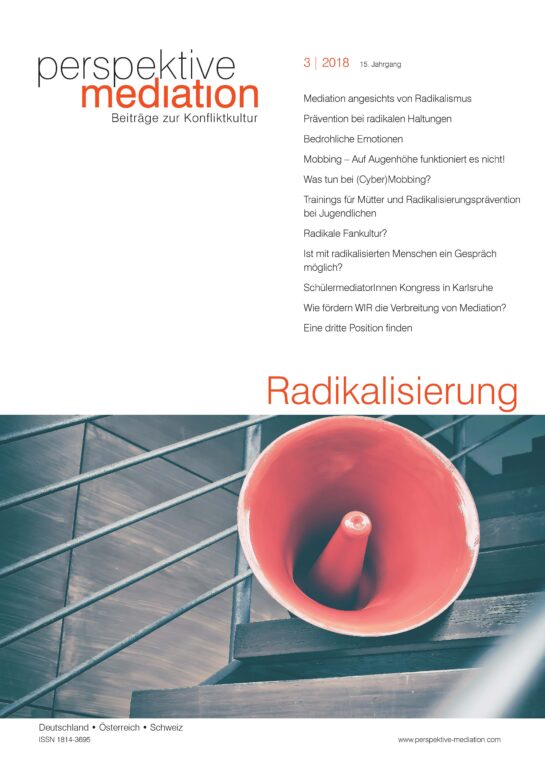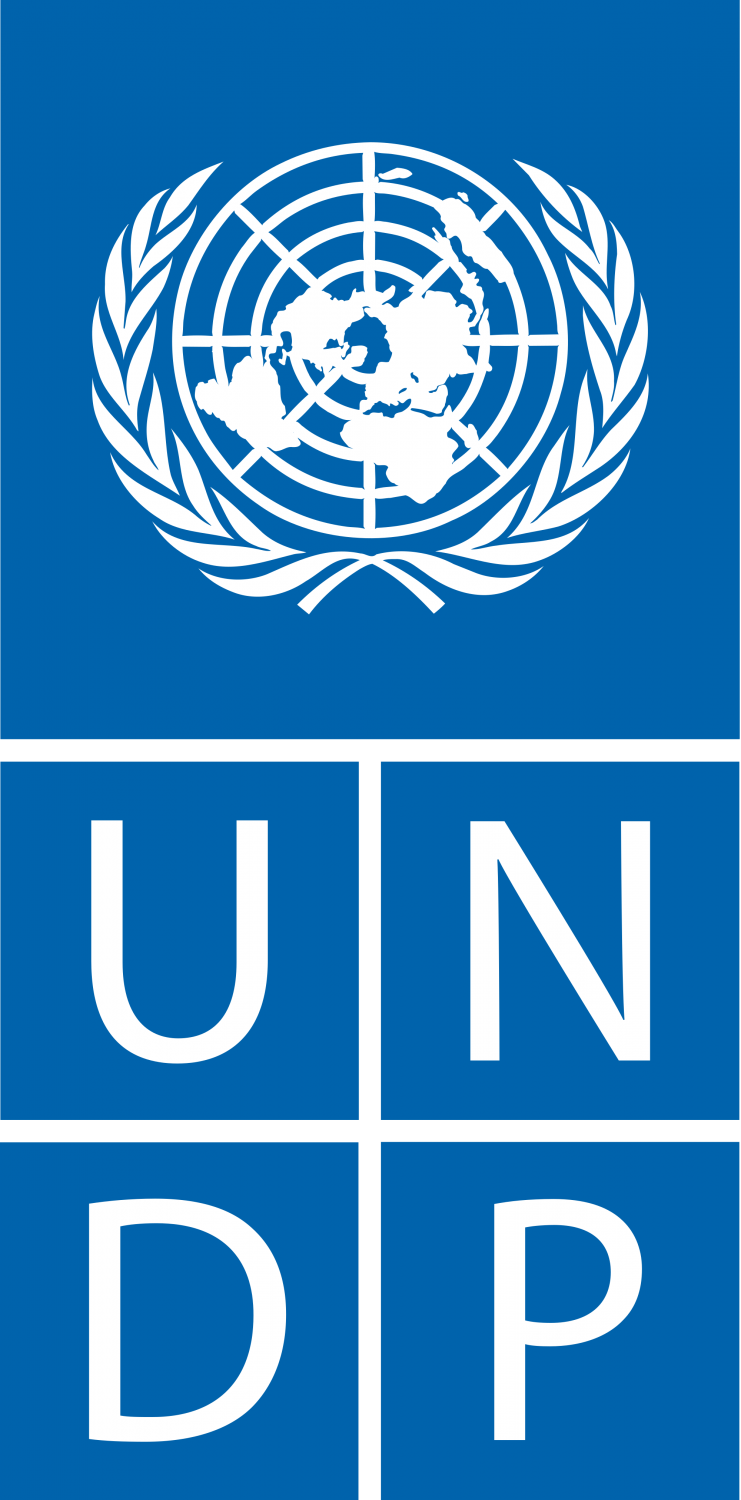Between 2003 and 2005, Women without Borders (WwB) collaborated with local partners in Kabul to implement the first series of regular basketball trainings for girls in Afghan schools. The project introduced basketball as an educational activity in girls’ schools in Kabul and sought to pave the way for female youth to be active and defy the constraints of their gender roles in other spheres of their lives. The two phases of the project included training teachers, facilitating the construction of facilities, monitoring the girl’s teams, and completing a manual and handbook in Dari to enable other teachers in the country to implement this programme without additional trainings.
For over a decade, and against the background of widespread repressive measures under Taliban rule, a whole generation of girls in Afghanistan was prohibited from attending school and excluded from public life. Having been confined to their homes for most of their lives, their experience with physical movement and participation in sports had been particularly limited. Recognising the potential of sports in rebuilding the confidence of female youth and providing a platform for reconnecting with peers, Women without Borders (WwB) joined up with local implementing partners from Kabul to develop a basketball training programme at two girls’ schools in the city.
The resulting ‘Basketball for Girls in Kabul’ project was rolled out and institutionalised as an extra-curricular activity in the girls’ high schools of Souria and Rabia Balkhi between 2003 and 2005. Over the course of these years, Women without Borders oversaw the qualification of suitable trainers and ensured the availability of suitable sports equipment throughout. Neema Soratgar, a former Afghan national basketball team player and lecturer in Sports Science at the University of Kabul, supervised the implementation of the project’s sports-related aspects, and teachers from the German speaking Amani high school in Kabul carried out all administrative duties. The participating schools were capable of mobilising between 50 and 70 girls, all of whom attended regularly and on a daily basis.
The project’s successes prompted Women without Borders (WwB) to improve on the programme through a second phase in 2005. This sustainability-oriented part of the project focused on introducing additional basketball facilities and deepening the curriculum. The construction firm ARC, for instance, sponsored the building of basketball courts at the partner schools. The chief focus of this phase rested on developing a basketball manual for trainers, and on completing a handbook that could motivate other schools across Afghanistan to adopt this programme and make it a part of their sports curriculum.
The manual and handbook were made available in Dari to enable teachers from other locations and schools to set up teams without the need for further training or supervision. Beyond equipping educators with a thorough understanding of the programme’s implementation, the curriculum furthermore heightened ambitious teachers’ awareness of the merits of mobilising sports as an empowerment strategy. The release of the material to the public was accompanied by the implementation of an additional project in the city of Zaranj; the first ‘basketball for girls’ project outside of Kabul. The teachers welcomed the programme and commented on how the absence of relevant educational material free of ideology made the manual and handbook useful tools both for themselves and their pupils—on and off the court.




